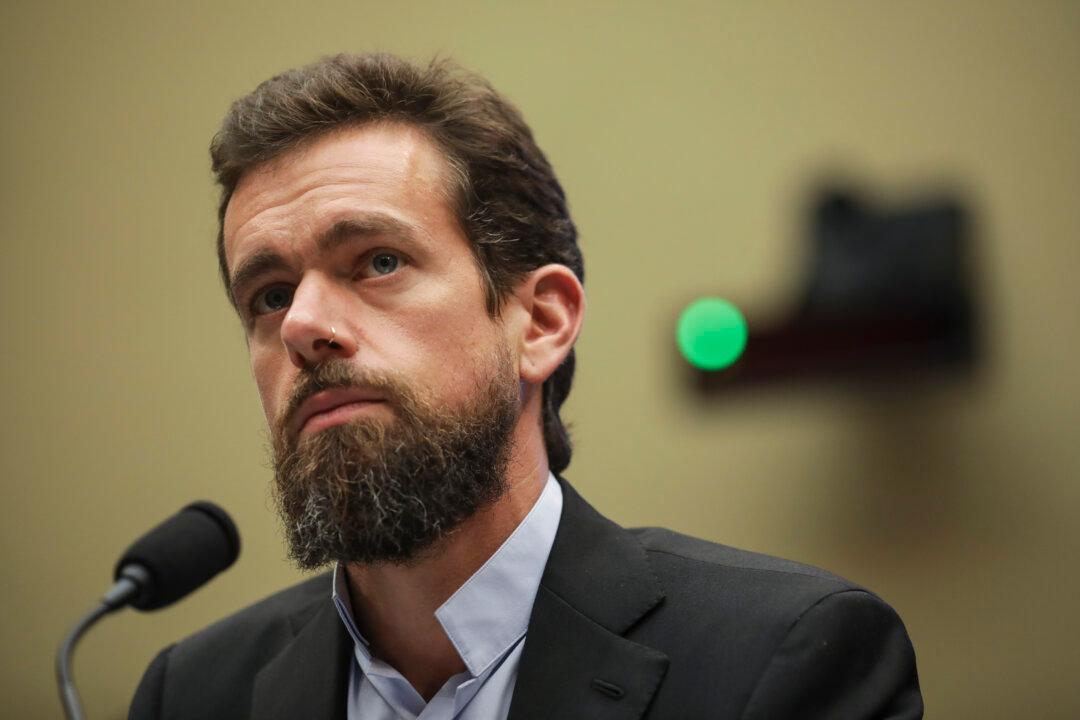Twitter co-founder Jack Dorsey has left the board of open-source social network Bluesky.
Bluesky is a social media app that was started by Mr. Dorsey when he was still the CEO of Twitter, now X. He was one of the three board members at Bluesky. The company recently confirmed that Mr. Dorsey has exited the Bluesky board. “With Jack’s departure, we are searching for a new board member for the Bluesky public benefit company who shares our commitment to building a social network that puts people in control of their experience,” Bluesky said in a social media post on May 6.





